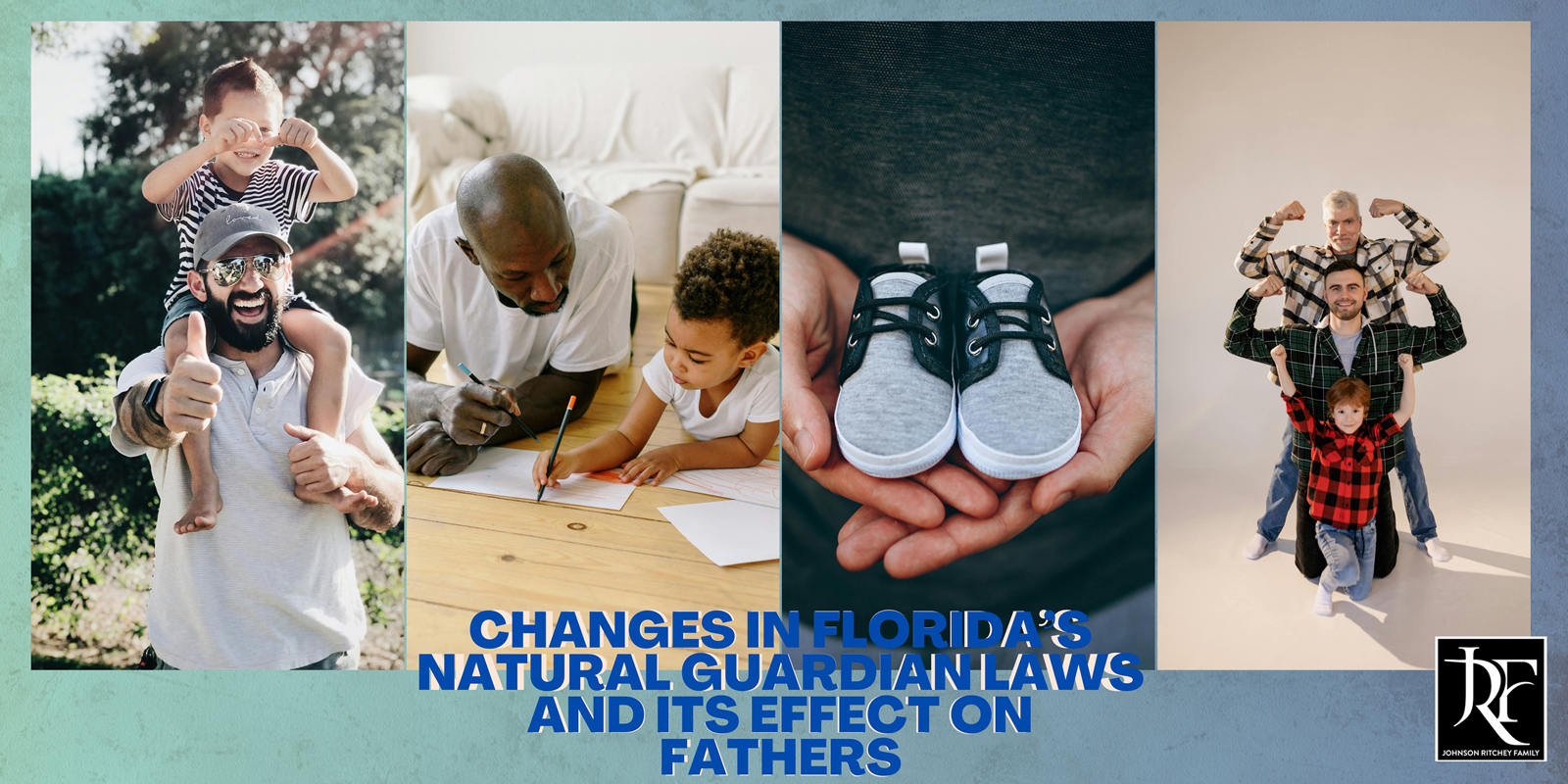Changes in Florida’s Natural Guardian Law and its Effects on Fathers

The State of Florida recently made a monumental change to its legal landscape with an amendment to Statute 744.301, a move that has major implications for fathers in Florida. This statutory change has stirred conversations regarding parental rights, familiar responsibilities, and the evolving dynamics of guardianship. Let’s explore its implications within the context of parental roles and obligations, particularly for fathers who are not married to their child’s mother. Previously, Florida Statute 744.301 designated the mother as the sole natural guardian, therefore relegating fathers to secondary position in matters of guardianship and parental rights. However, the recent amendment represents a paradigm shift, recognizing both parents as joint natural guardians by default.
For fathers, this statutory revision signifies a pivotal moment in the pursuit of equitable parental rights and responsibilities and a departure from outdated norms. It acknowledges he fundamental role fathers play in their children’s lives. By establishing joint natural guardianship, the law empowers fathers to assert their rights and actively participate in crucial decisions concerning their children’s upbringing, education, healthcare, and overall welfare Furthermore, the amended Florida Statute 744.301 underscores the importance of collaborative co-parenting, emphasizing the shared responsibility of both parents in nurturing and guiding their children. This shift aligns with contemporary understandings of child development, recognizing that children benefit most from meaningful relationships with both parents, regardless of marital status or living arrangements.
However, while the amendment represents a significant leap towards gender-neutral parental rights, challenges and concerns persist regarding its practical implementation and enforcement. Deep-seated societal biases and cultural stereotypes may pose barriers to fathers seeking to assert their newfound guardianship rights fully. Disparities in resources, living arrangements, and access to legal counsel may disproportionately affect certain fathers. Lastly, fathers will still have to take legal action to enforce their rights.
Moreover, its imperative to recognize that joint natural guardianship does not absolve parents of their responsibilities to prioritize the best interests of the child above all else. Factors such as domestic violence, substance abuse, or parental conflict must be carefully considered to ensure the safety and well-being of the children involved. While promoting shared parenting is commendable, its essential to strike a balance between parental rights and child protection, safeguarding vulnerable individuals from harm.
In conclusion, the amendment to Florida Statute 744.301 marks a significant milestone in the journey towards gender equality and parental parity within the legal system. By recognizing both parents as joint natural guardians, the law affirms the importance of paternal involvement in childrearing and challenges entrenches stereotypes that have long marginalized fathers in matters of guardianship and custody. However, realizing the full potential of this statutory revision requires ongoing efforts to address systemic barriers, promote parental cooperation, and prioritize children’s well-being above all else. As fathers navigate the complexities of co- parenting in the aftermath of this legislative change, their active engagement and commitment to their children’s upbringing will undoubtedly shape the landscape of family dynamics in Florida for generations to come.














